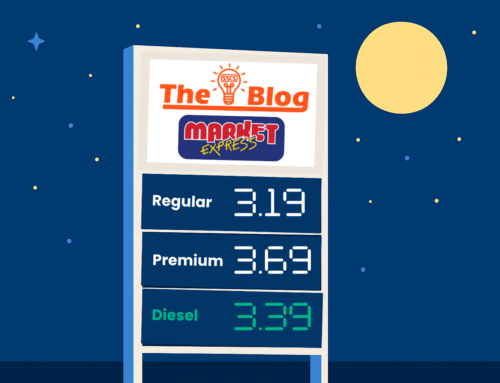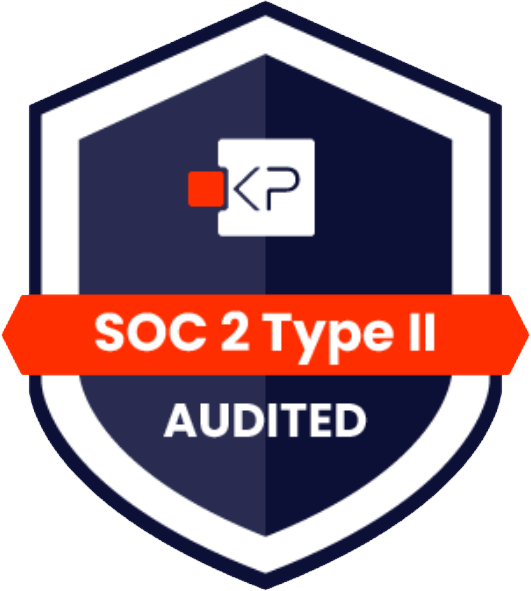This is Part 2 of a two-part profile. Read Part 1 here.
Only the Adaptive Survive (Part 2)
Tooley Oil Company’s success as a retailer and regional service provider depends on several strategies, including adopting technology designed to evolve as the enterprise evolves.
As a regional service provider, Tooley Oil facilitates the fuel part of the business to its dealers on behalf of Shell and facilitates the C-store part of the business in partnership with Circle K. Both of these large franchisors have their own set of performance expectations, and Tooley Oil’s ability to meet them depends on several basic, but important strategies.
“When looking at potential stores to add to our network, we look for those that have a lot of promise, but are underperforming for one reason or another,” David explains. “Sometimes we locate a distressed property that we can reshape to meet our own qualifications.
“Something else we factor in when looking for a location is space, and plenty of it, because to succeed today you need fresh food, deli, and food service—offerings that you didn’t think of five or ten years ago. To accommodate those programs, you need a lot of real estate.”
The Tooleys’ successful adaptation to the current market likewise incorporates an emphasis on and commitment to customer service. “We make the effort to present our stores as upscale and strive to achieve the high levels of customer service that support that,” David explains. “Sometimes it’s the little things that make a difference, like remodeling our bathrooms and ensuring they are always clean. Sometimes it’s the bigger things, like having the best staff available. Our employees help set us apart in the marketplace.
“That makes us very selective about the people we hire. We want people with a tremendous amount of industry experience, but who aren’t afraid to think out of the box. We value them because they are hard to find and do everything we can to create an atmosphere that makes them want to stay. I’m happy to say we’ve managed to keep our turnover low.”
Another constant in the company’s success is the use of SSCS technology, which the business first installed in 2003. Not surprisingly, one of the reasons David favors SSCS’s Computerized Daily Book back office system and related software is its ability to evolve along with the times.
“I feel that as our company has grown, SSCS has grown,” David states. “They have done an excellent job of adapting their technology to a marketplace which is constantly being reshaped, including the ability to handle mix and match and food service. My managers comb over the information they get out of the back office to see how we’re doing and what we need to adjust before it becomes a problem. Our pricing manager depends on Central Price Book to maintain control over pricing throughout our dealer network. Bottom line: we depend on SSCS software to run our business. It’s a great selling point when we recruit dealers for our network.”
One of the latest keys to success in the retail petroleum industry is the management and evaluation of Big Data as it relates to the business. The newest addition to SSCS’s solution set, Transaction Analysis, gives users the ability to leverage the transaction level data generated by a variety of point-of-sale systems from different manufacturers. Tooley Oil Company embraces the technologywholeheartedly.
“We use Transaction Analysis daily,” David says. “It gives us the kind of data access that we’ve known we’ve needed and it’s already proving to be invaluable—all my managers access it to see what’s going on in their stores. I think the possibilities for its use are practically endless.”
Tooley’s price book manager uses Transaction Analysis’ Price Overrides report to find potential problems with the enterprise’s price book entries. “She’s gotten so used to using it that she can tell, just by the numbers and percentages it spits out, whether we have a problem in the price book worth investigating,” he adds.
Store managers use Transaction Analysis to locate excessive voids and no sales so they can take appropriate action when necessary. “You could always find how many voids and no sales you had,” David says, “but Transaction Analysis takes investigation of questionable results to a whole other level by allowing us to call up an actual display of the original time-stamped receipt. The receipt display is also helpful in allowing us to identify what items get sold with what other items. It’s the closest to market basket analysis that we’ve ever gotten, and it helps us accurately identify deals based on what people are actually buying together.”
Tooley Oil Company’s open embrace of change serves as a model to operators who may be put off or discouraged by the rapid evolution of the retail petroleum industry and the unexpected impact it may have on their stores.
“Success in the market means staying in touch with the market,” David says. “If you fall asleep, you’ll miss the changes taking place around you and get passed by. You have to get out ahead of the trends so you can prepare for them the right way. If we’ve managed to do well as a company, it’s because we’ve been able to do this well and have surrounded ourselves with people in our organization who also do it well. It makes work a rewarding experience for our family and the professionals that work for our company.”
Note: The photos accompanying this article are of the Carmichael store.









Leave A Comment